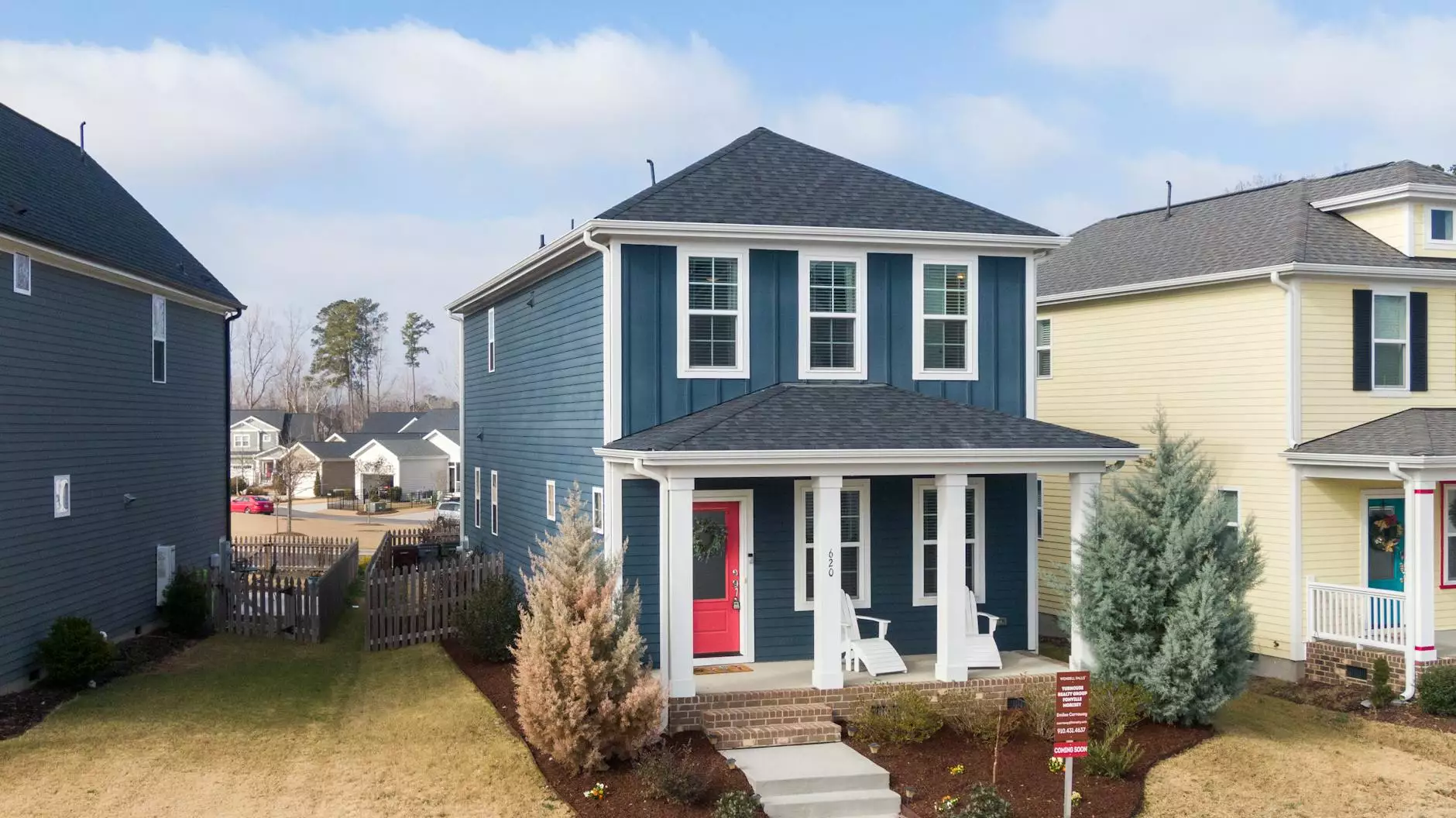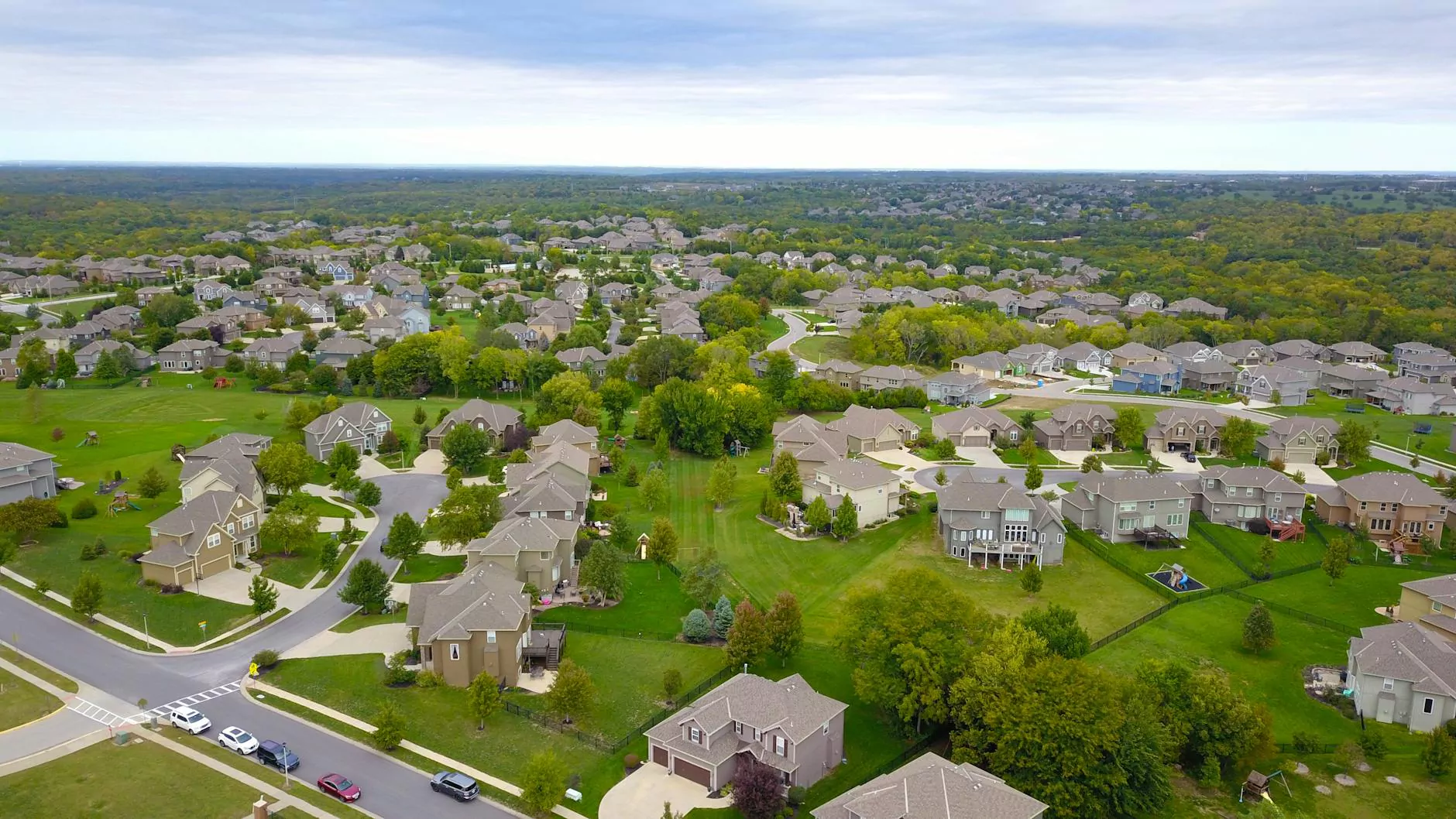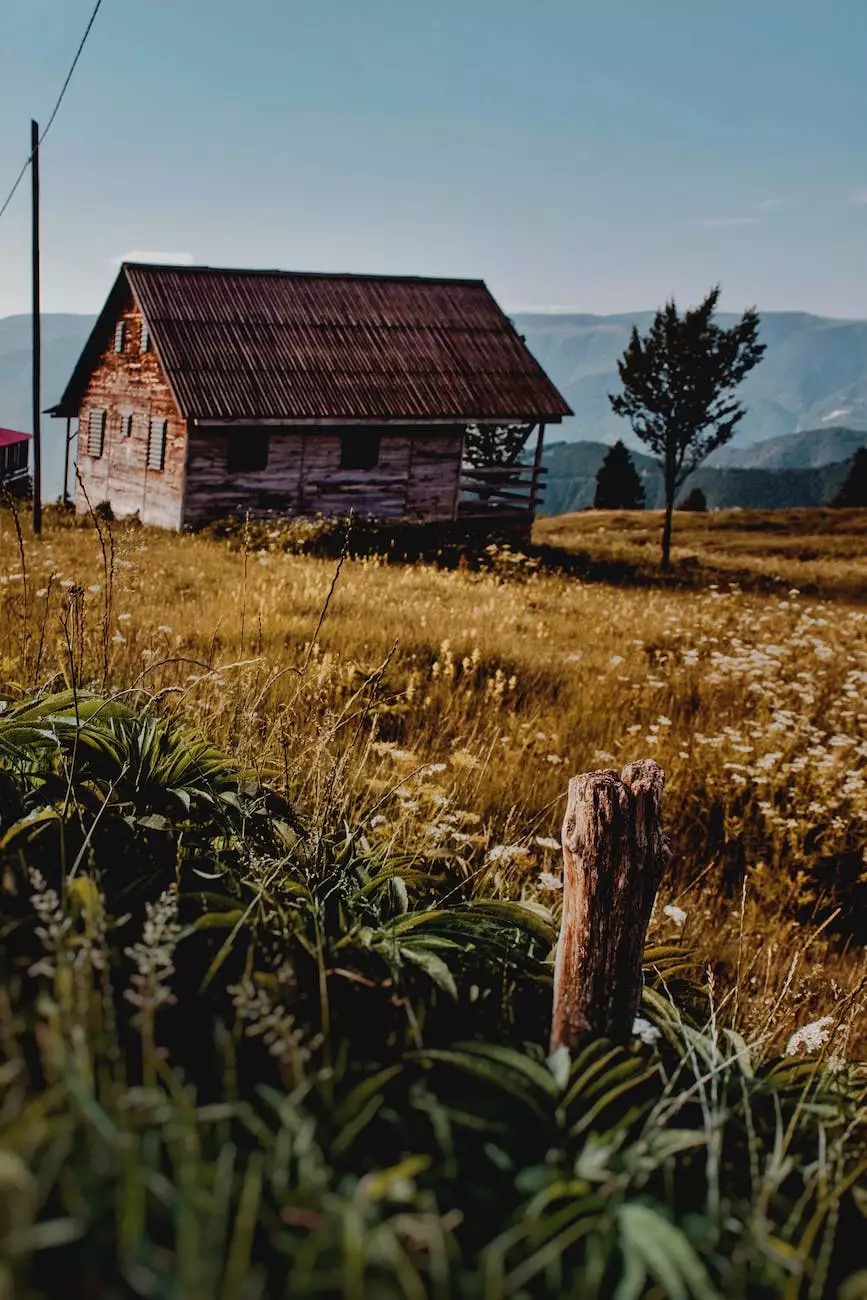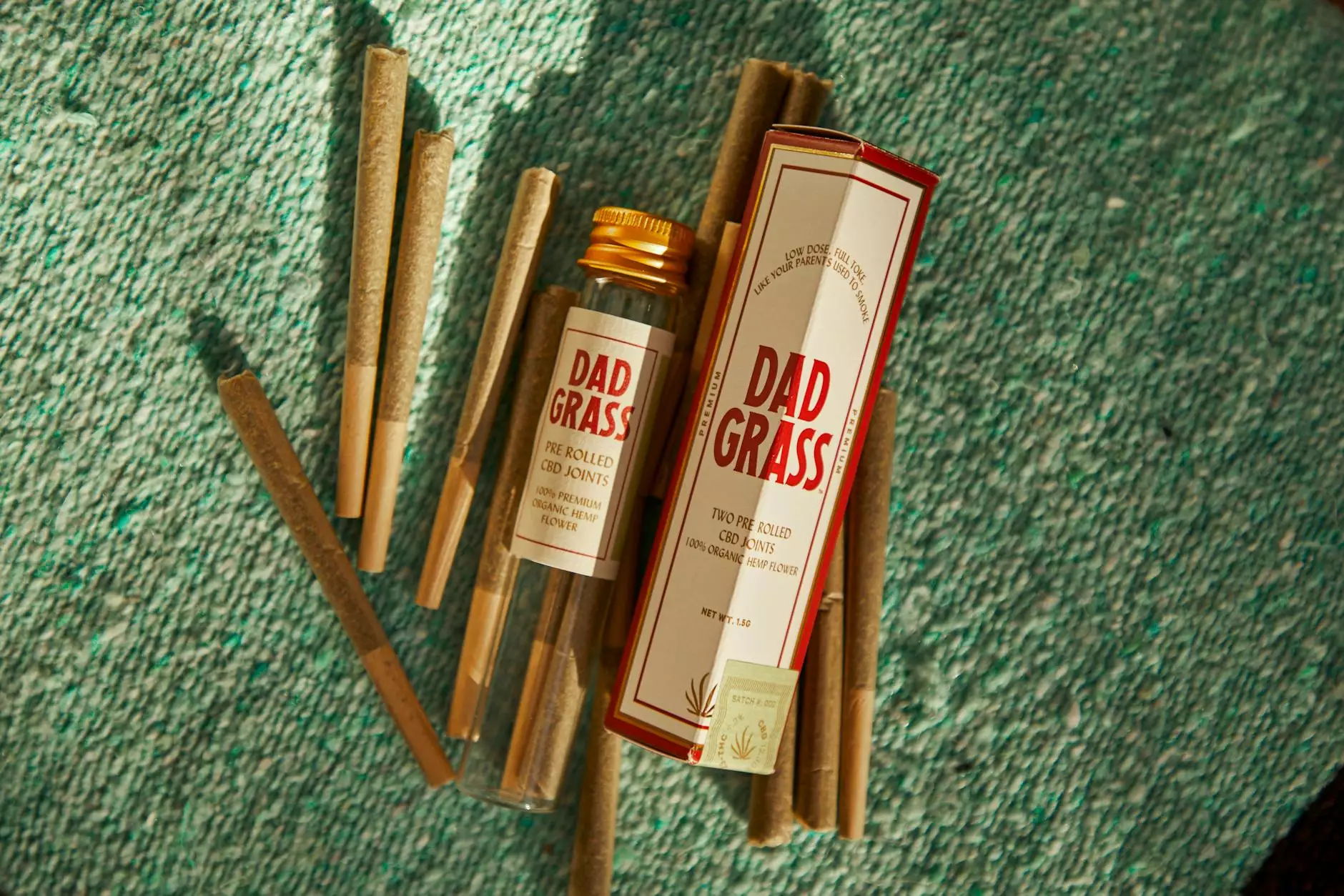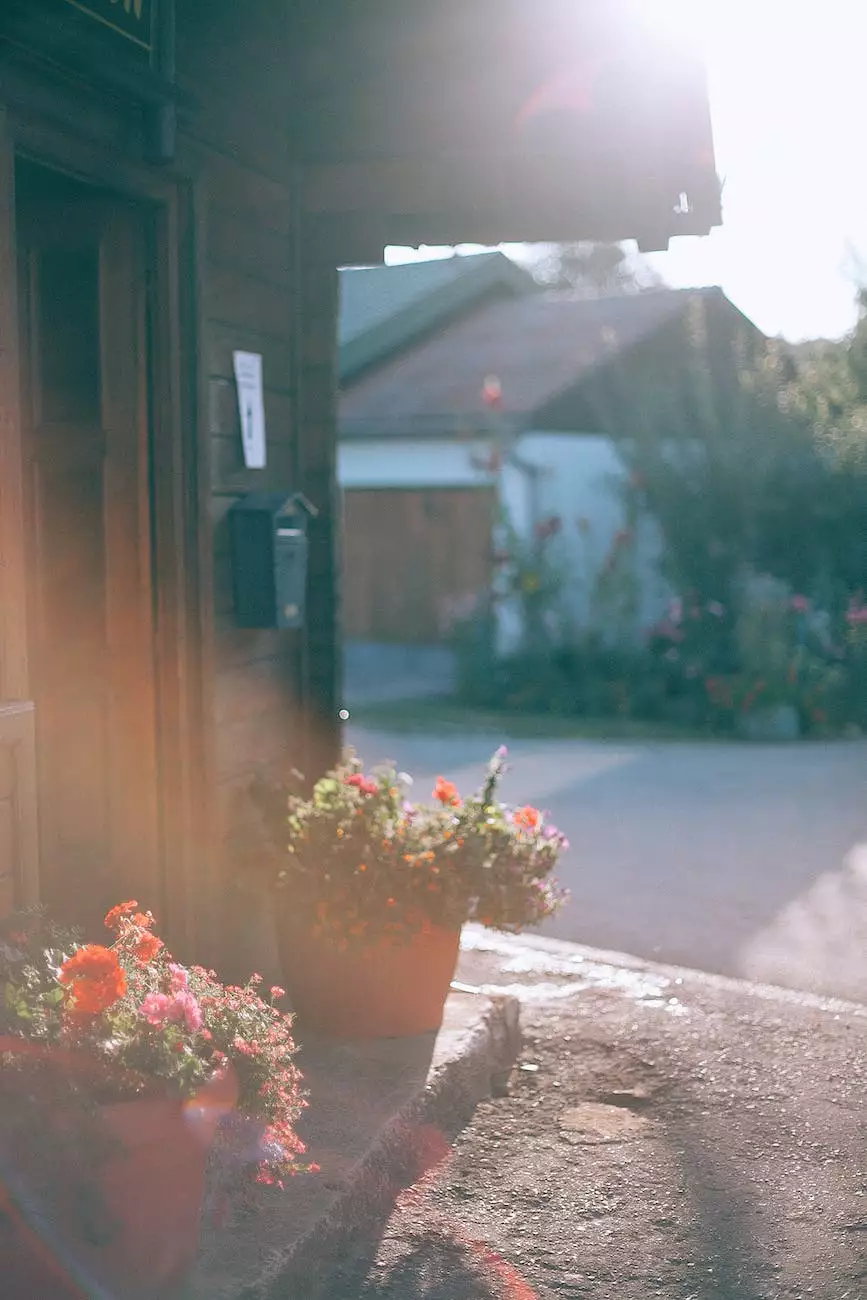Is Mulch or Rock a Better Ground Cover for Your Landscape Beds - Edge My Neighborhood
Blog
The Importance of Choosing the Right Ground Cover
When designing and maintaining your landscape beds, selecting the right ground cover is crucial. It not only enhances the aesthetic appeal but also plays a significant role in the health and sustainability of your plants. For years, homeowners have relied on two popular choices - mulch and rock. In this article, we will explore the advantages and considerations of both options, helping you make an informed decision for your landscape beds.
Mulch: The Organic Ground Cover
Mulch is a popular choice due to its organic nature and numerous benefits. Made from a variety of materials such as wood chips, leaves, bark, and straw, mulch provides a natural look while offering several advantages for your landscape beds:
1. Moisture Retention
Mulch acts as a protective layer that helps retain soil moisture by reducing evaporation. This is especially beneficial during hot summer months when water conservation is key. By keeping the soil adequately moist, mulch promotes healthy root growth and reduces the need for frequent watering.
2. Weed Suppression
One of the greatest advantages of mulch is its ability to suppress weed growth. Applying a thick layer of mulch inhibits sunlight from reaching weed seeds, preventing them from sprouting. This reduces the competition for nutrients and minimizes the time and effort required for weed control in your landscape beds.
3. Temperature Regulation
Mulch acts as a natural insulator, helping regulate soil temperature. During harsh winters, it provides insulation for the roots, protecting them from extreme cold. In hot climates, mulch helps keep the soil cooler, preventing heat stress in plants. This temperature moderation is beneficial for the overall health and longevity of your landscape plants.
4. Soil Enrichment
As mulch breaks down over time, it enriches the soil by adding organic matter. This enhances soil structure, improves nutrient availability, and promotes beneficial microbial activity. The gradual decomposition of mulch releases essential elements that nourish your plants and contribute to the overall fertility of your landscape beds.
Rock: The Low-Maintenance Ground Cover
Rock, also known as stone or gravel, is another option for ground cover that offers its own set of advantages. Here are some key considerations:
1. Durability and Longevity
Rock is known for its durability and long-lasting nature. Unlike mulch, which requires replenishment over time, rock remains in place for years without significant degradation. This makes it an excellent choice for low-maintenance landscapes, reducing the need for frequent replacement.
2. Fire Resistance
If you live in an area prone to wildfires, using rock as a ground cover can provide an added layer of fire resistance. Unlike organic mulch, which can fuel fires, rock acts as a non-combustible barrier, minimizing the risk of ignition and potential damage to your landscape beds.
3. Erosion Control
Rock is highly effective in controlling erosion, especially on sloped areas. Its weight and density hold the soil in place, preventing runoff and soil displacement during heavy rains. This ensures that your landscape beds remain stable and minimizes soil erosion which can adversely affect the health of your plants.
4. Low Maintenance
If you are looking for a low maintenance option, rock is an excellent choice. Unlike mulch, it does not require regular replenishment or decomposition. Rock also deters pests, such as termites, and minimizes issues with fungal growth. This means less maintenance time and effort, allowing you to focus on other aspects of your outdoor space.
Choosing the Right Ground Cover for Your Landscape Beds
When deciding between mulch and rock for your landscape beds, consider the following factors:
1. Aesthetics
Both mulch and rock offer different visual aesthetics. Mulch provides a natural, organic look that blends well with various plants and garden styles. On the other hand, rock offers a more contemporary and modern appearance, perfect for minimalist or desert-inspired landscapes. Choose the option that complements your overall design and desired aesthetic appeal.
2. Plant Preferences
Some plants thrive better in specific ground cover materials. For instance, certain acid-loving plants prefer the acidic environment created by decomposing mulch. On the other hand, succulents and xeriscape plants often do well in rock beds that allow for excellent drainage. Consider the specific needs of your plants and select the ground cover accordingly.
3. Maintenance Effort
Think about the time and effort you are willing to invest in maintaining your landscape beds. Mulch requires periodic replenishment and occasional adjustment to ensure an even layer. Rock, on the other hand, may need occasional weeding to remove debris or unwanted plants. Assess your willingness to perform maintenance tasks and choose accordingly.
4. Climate Considerations
Consider your local climate when making your decision. Mulch retains moisture, making it a suitable choice for dry regions, while rock promotes water drainage, which may be ideal for areas with heavy rainfall. Understanding your climate and how each ground cover interacts with it will help you make an informed choice.
The Best Ground Cover for Your Landscape Beds
Ultimately, the decision between mulch and rock as a ground cover for your landscape beds depends on your specific needs and preferences. Both options offer distinct advantages and can create beautiful and functional outdoor spaces.
At Edge My Neighborhood, we understand the importance of creating thriving landscapes. Our experts are knowledgeable in selecting and installing the perfect ground cover for your landscape beds. Contact us today to discuss your requirements and let us help you create the outdoor oasis you've always dreamt of!


